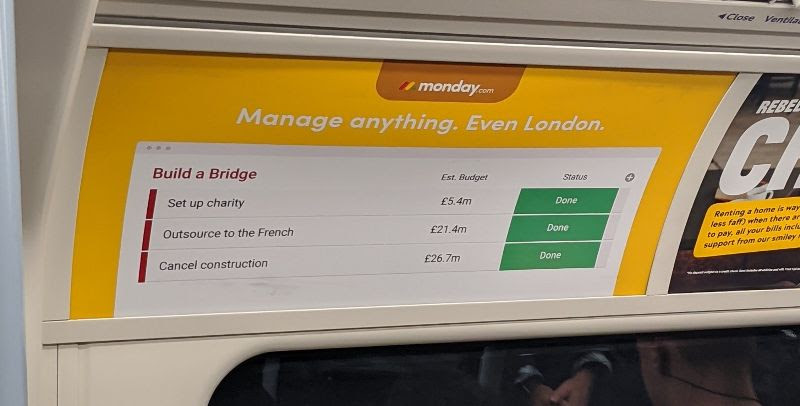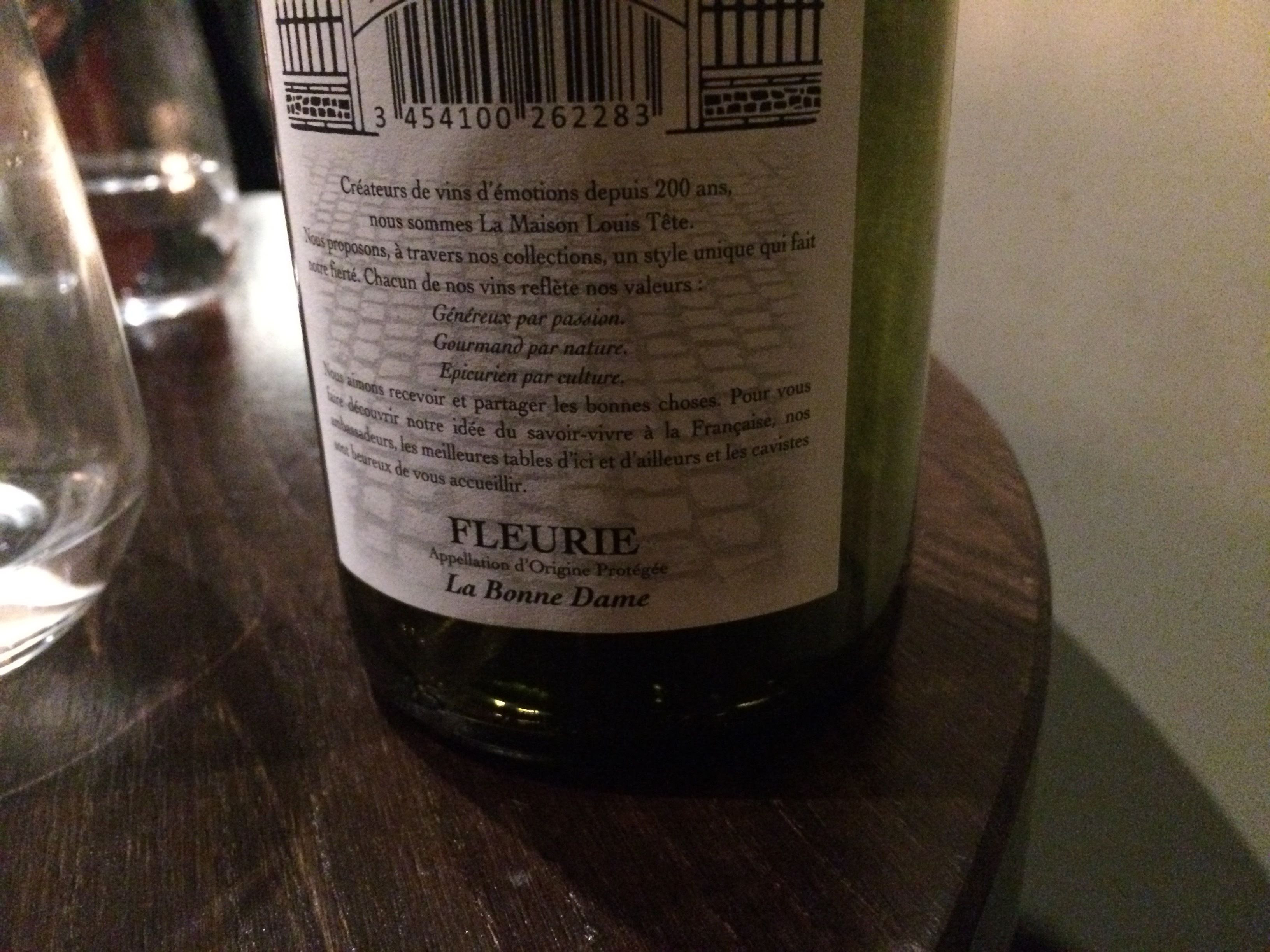Guess what these ads are for?

A world of mangled syntax
Yes, yes, very nice, but what's it for?
The 2020s may not have a monopoly on it, but there’s a lot of puzzling advertising around. Unless you already know what the product or service being touted is, you’d have no clue what stuff it's lauding. Anybody care to guess what these adverts, spotted on the London Tube, are promoting?

Answer: A minicab service to rival Uber. The only real pointer is the mapping graphic on the right hand side.

Answer: A project management app
We don't believe you
Sometimes the meanings of words change simply through overuse. “Incredible” has been so watered down that it barely indicates something faintly unusual – rather than something not credible. Even so Highbrook was amused to see radio critic Gillian Reynolds describe an actor’s performance as “incredibly, incredibly believable”.
Mangled quote of the month
What’s really exciting about the addition of CityLab to our portfolio is that it can be introduced into that model as a new multi-platform, global sub-brand that is super-serving a niche that we care about a lot, that we think is very valuable.”
- Justin B. Smith, CEO, Bloomberg Media
Flowery language of the month

If you think only English writers do pretentious nonsense, try this. Highbrook spotted this French wine label on a recent staff outing to its local bistrot: “Genereux par passion. Gourmand par nature. Epicurien par culture.” Or, in plain English, "Generous by passion. Gourmet by nature. Epicurean by culture." What exactly is the difference between a “gourmet” and an “epicurean"?





